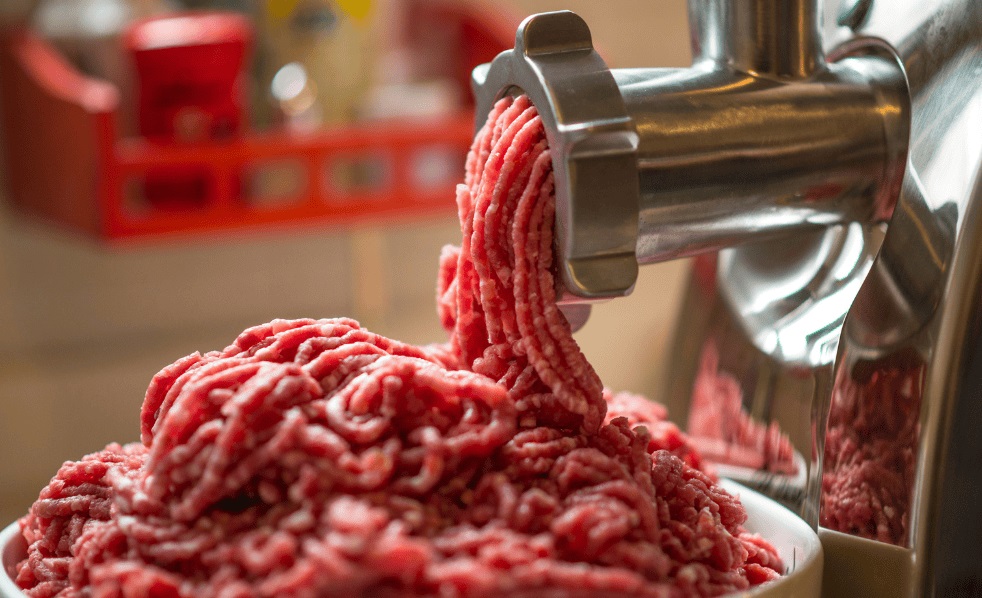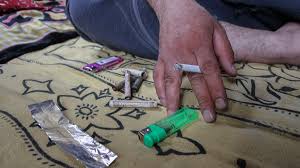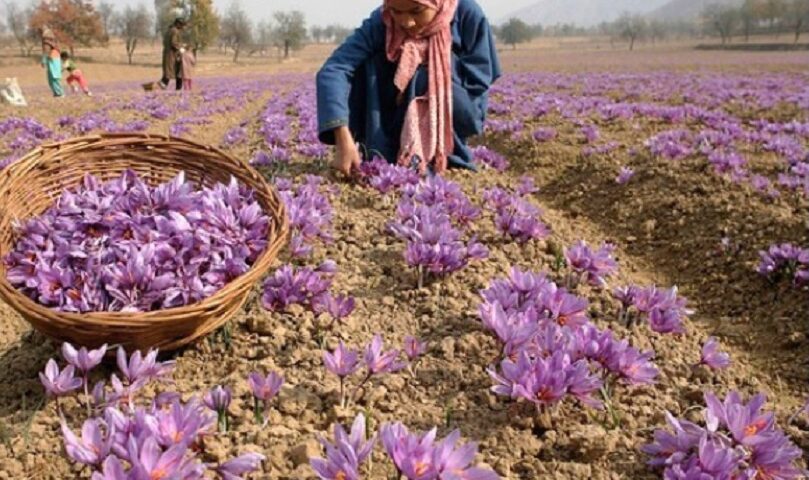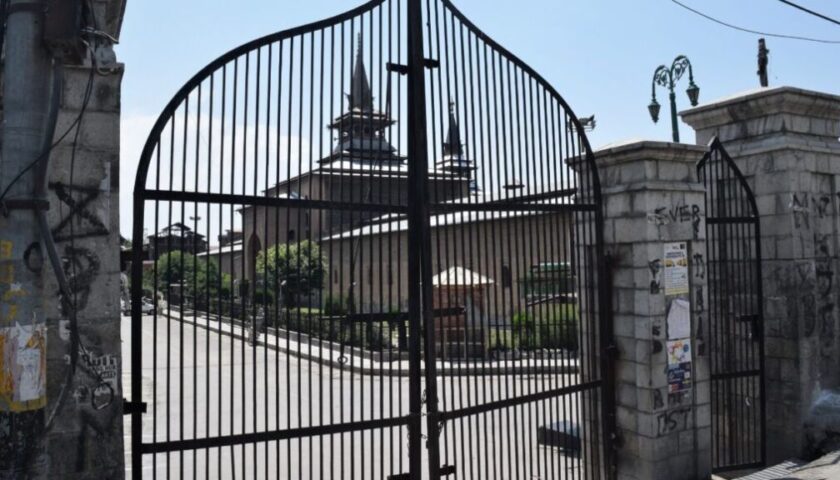Rotten Imports, Toxic Additives, and a Systemic Betrayal of Trust
By: Javid Amin | 24 Aug 2025
The Meat on Our Plates—A Betrayal of Trust
In Kashmir, meat is not just food. It is identity, ritual, pride, and poetry. It binds families during weddings, flavors festivals, and forms the heart of wazwan, the celebrated multi-course feast that defines Kashmiri culture.
But today, a disturbing question looms: What are we really eating?
An ongoing investigation has revealed that ground and processed meat sold across Kashmir is often adulterated, contaminated, and dangerous. The scandal involves unregulated imports from Delhi, Punjab, and Haryana, processed in filthy conditions, then sold cheaply to butchers and restaurants across the valley.
The betrayal runs deep—not only of public health but of Kashmir’s cultural soul.
What’s Really Inside Kashmir’s Readymade Meat?
According to officials, activists, and whistleblowers, what lands in Kashmiri kitchens is often a toxic cocktail:
-
Egg tray paper pulp ground into meat to increase bulk.
-
Chicken feet, intestines, and feathers disguised as mutton or beef mince.
-
Expired bread and bakery waste mixed into kebabs for texture.
-
Rotting, diseased carcasses processed and frozen to mask smell.
-
Industrial dyes (like Rhodamine and Malachite Green) added to kebabs and gushtaba to give a “fresh” red or white look.
This isn’t just cutting corners—it’s a systematic poisoning of consumers.
Recent Raids & Seizures: The Tip of the Iceberg
Authorities have conducted raids in recent months that hint at the scale of the scandal:
-
3,500+ kg of rotten meat seized in Srinagar, Pulwama, Ganderbal, and Safakadal.
-
Freezers filled with decaying carcasses discovered in illegal godowns.
-
Restaurants caught using banned chemical dyes in wazwan dishes.
-
Dumping sites in marshes and roadside drains where rotting meat was discarded to evade inspectors.
But experts warn: for every consignment caught, ten pass unnoticed.
Wazwan in Crisis: A Cultural Betrayal
In Kashmir, wazwan is sacred. Dishes like Rista, Kabab, and Goshtaba aren’t just recipes—they are rituals of community, symbols of hospitality, and markers of Kashmiri identity.
To imagine these masterpieces prepared with rotting meat, chemical colorants, and industrial waste is nothing short of cultural vandalism.
-
Rista (meatballs in red curry) relies on the finest hand-pounded mutton. Today, many versions are colored with toxic textile dyes.
-
Goshtaba, the “dish of kings,” meant to be smooth and pure, is often bulked with cartilage and rotten mince.
-
Seekh kebabs, once a delicacy, are increasingly stuffed with bread waste and paper pulp.
The scandal is not only poisoning bodies—it is eroding centuries of culinary heritage.
Why It Hurts More Than Health
The crisis cuts deeper than food safety:
-
Health Risks
-
Consumption of rotten meat risks food poisoning, liver damage, kidney failure, and cancer.
-
Toxic colorants can cause neurological issues and reproductive harm.
-
-
Cultural Betrayal
-
When wazwan is corrupted, it strikes at the soul of Kashmiri pride and identity.
-
Families feel robbed of the rituals that bind generations.
-
-
Economic Impact
-
Genuine butchers and wazwan chefs lose trust.
-
Tourism—already fragile—takes a hit when food safety is questioned.
-
Who Is Behind the Rotten Meat Trade?
The scandal thrives on a network of complicity:
-
Unlicensed slaughterhouses in North India that process diseased animals.
-
Transporters who move meat in unrefrigerated trucks for days.
-
Middlemen who bribe their way past weak checkpoints.
-
Local distributors who sell bulk meat to restaurants and street vendors.
-
Officials who look the other way in exchange for cuts.
It is not a story of a few corrupt traders. It is an organized system of betrayal.
The Social Media Uproar
Videos of raids, rotten carcasses, and chemical-laced kebabs have gone viral on Kashmiri social media.
-
Instagram reels mock the idea of “authentic wazwan.”
-
Twitter/X trends like #RottenMeatKashmir and #SaveWazwan capture public anger.
-
Food vloggers and influencers are increasingly exposing shady kitchens and suppliers.
Digital outrage is fueling public pressure on authorities—but will it last beyond the news cycle?
Why the Scandal Persists: Systemic Loopholes
Despite raids, rotten meat keeps returning. Why?
-
Weak Enforcement: Food Safety & Standards Act exists on paper, but inspectors are understaffed and underfunded.
-
Corruption: Traders exploit political patronage to avoid prosecution.
-
Consumer Demand: Cheap kebabs and wazwan dishes feed a market willing to look the other way.
-
Cultural Silence: People hesitate to question wazwan chefs, fearing cultural taboo.
Unless these loopholes are addressed, raids will remain band-aids on a festering wound.
A Comparative Lens: Food Scandals Elsewhere
-
China (2008): Melamine-tainted milk scandal caused 6 infant deaths, leading to massive food reforms.
-
Delhi (2015): Street food banned temporarily after lab reports revealed excessive lead and contaminants.
-
Pakistan (2020s): Repeated meat scandals led to religious decrees against adulteration.
Kashmir can learn: food safety crises demand systemic reform, not symbolic raids.
The Way Forward: Reclaiming Trust
Experts and civil society groups propose urgent measures:
1. Strengthen Food Safety Enforcement
-
Recruit more inspectors, modernize labs, and ensure surprise checks.
-
Publish real-time test results online for transparency.
2. Regulate Imports
-
Mandate health certification at origin (Delhi, Punjab, Haryana).
-
Create cold-chain monitoring systems to track consignments.
3. Protect Wazwan Traditions
-
Launch a “Pure Wazwan” certification for genuine chefs and butchers.
-
Promote local slaughterhouses under hygienic conditions.
4. Consumer Awareness
-
Public campaigns to encourage reporting adulteration.
-
School programs on food safety and nutrition.
5. Cultural Resistance
-
Encourage shrines, clerics, and community leaders to condemn adulteration as moral corruption, not just a health issue.
Bottom-Line: Saving Health, Saving Heritage
The Kashmir meat scandal is more than a story of rotten imports. It is a mirror of systemic decay—where health, culture, and dignity are sacrificed for profit.
If unchecked, it risks making Kashmiris strangers to their own food heritage.
But if confronted boldly—with enforcement, awareness, and cultural pride—the crisis can be a turning point.
Because in Kashmir, when we ask “What are we really eating?”, we are not just questioning meat.
👉 We are questioning who we are, what we value, and how much we are willing to protect our heritage.
The answer will define not just our plates, but our future.




